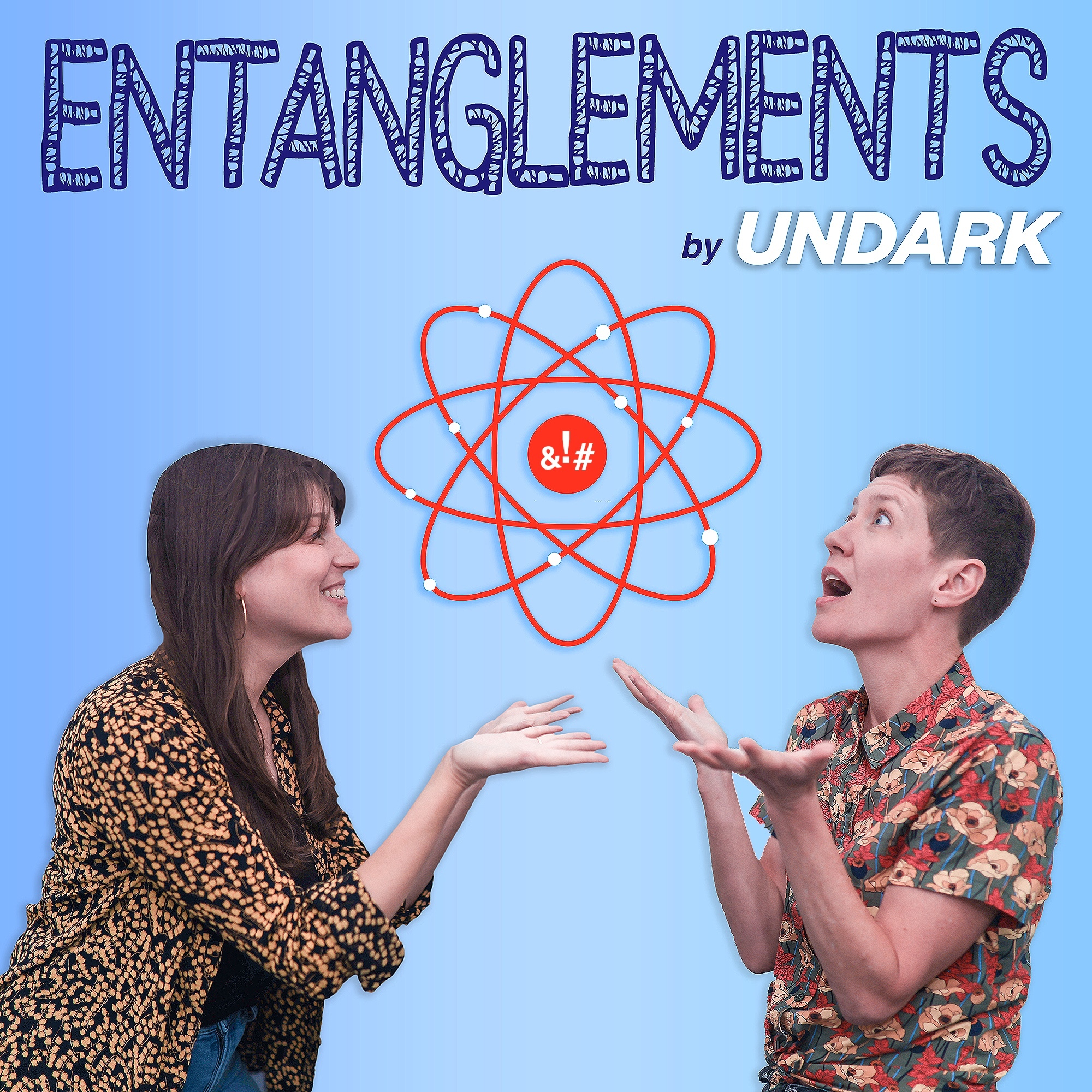

Entanglements, by Undark
Undark Magazine
After a two-year hiatus, the Undark podcast returns with a new format and a new name: Entanglements. Join science journalists Brooke Borel and Anna Rothschild as they invite guests with both expertise and divergent opinions on some of the most contentious and politicized areas of science today, from vaccines and GMOs to deep sea mining, AI, and the origins of Covid. Their goal: To see if they can break through the discord and find common ground. Far from an exercise in false balance, Entanglements, like Undark, seeks to bring civil discussion — and a bit of fun and wonder — back to the intersection of science and culture.
Episodes
Mentioned books

Oct 30, 2019 • 34min
Ep. 40: The Struggle to Change an HIV Narrative
This month: The history of a destigmatizing message about HIV transmission and how it finally made it to the public.

Sep 23, 2019 • 24min
Ep. 39: Solving the Deadly Transplantable Organ Shortage
This month: A penetrating look at the trials of patients with kidney failure, and the doctors working to make more lifesaving transplants possible.

May 1, 2019 • 36min
Ep. 36: Fighting the Flu, Green Burials, and Teen Vaccinations
This month: the quest for a universal flu shot, the trend of low-carbon burials, and understanding medical consent laws for minors.

May 1, 2019 • 36min
Ep 37: Crisis Mapping, Tracking Citations, and Sexual Harassment in Science
This month: using social media in search and rescue, developing a more accurate way to track citations, and tackling sexual harassment in science.

May 1, 2019 • 39min
Ep. 38: Mosquito Music, Wildlife Poaching, and Imaging a Black Hole
This month: testing the effect of Skrillex on mosquitos, addressing poaching in Uganda, and public response to the first image of a black hole.

Feb 12, 2019 • 39min
Ep. 35: Listening to Glaciers, Overcoming Addiction, and Saving a ‘Marine Serengeti’
This month: using audio data to track sea ice loss, the efficacy of medication-assisted treatment, and fighting for a national underwater monument.

Jan 8, 2019 • 47min
Ep. 34: The Tree of Life, Science in the White House, and the Year at Undark

Jan 8, 2019 • 43min
Ep. 33: Fecal Transplants, Encounters With Cadavers, and Ordinary People Shaping Science

Oct 30, 2018 • 39min
Ep. 32: Decentralized Internet, a Trip into Space, and a Roiling Debate Among Science Writers
Ep. 32: Decentralized Internet, a Trip into Space, and a Roiling Debate Among Science Writers by

Oct 5, 2018 • 26min


